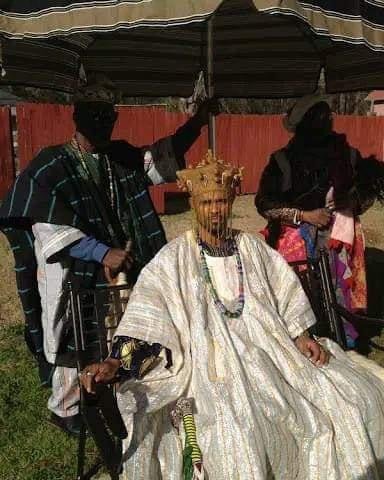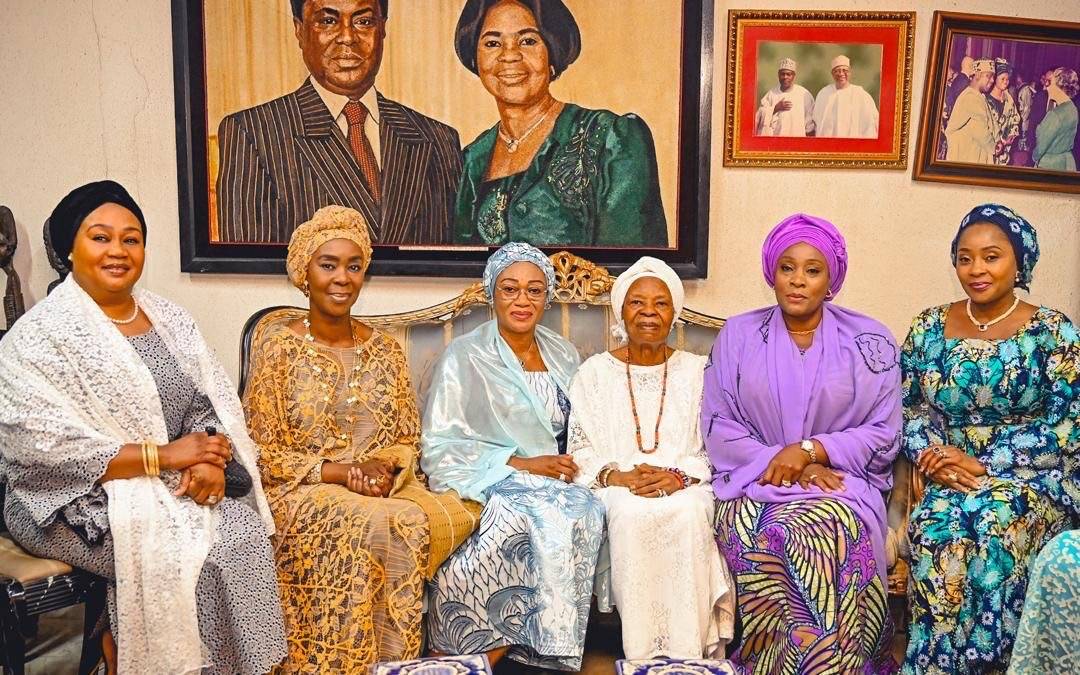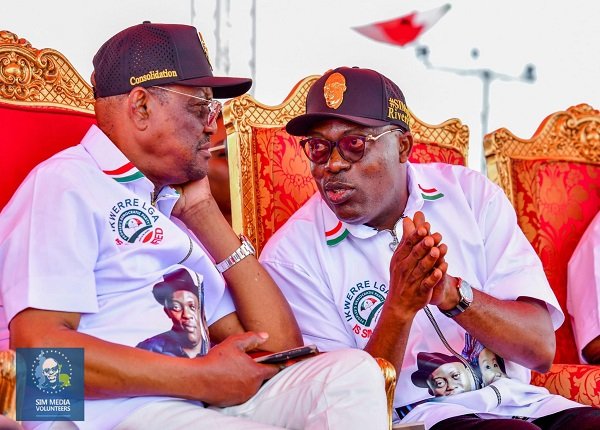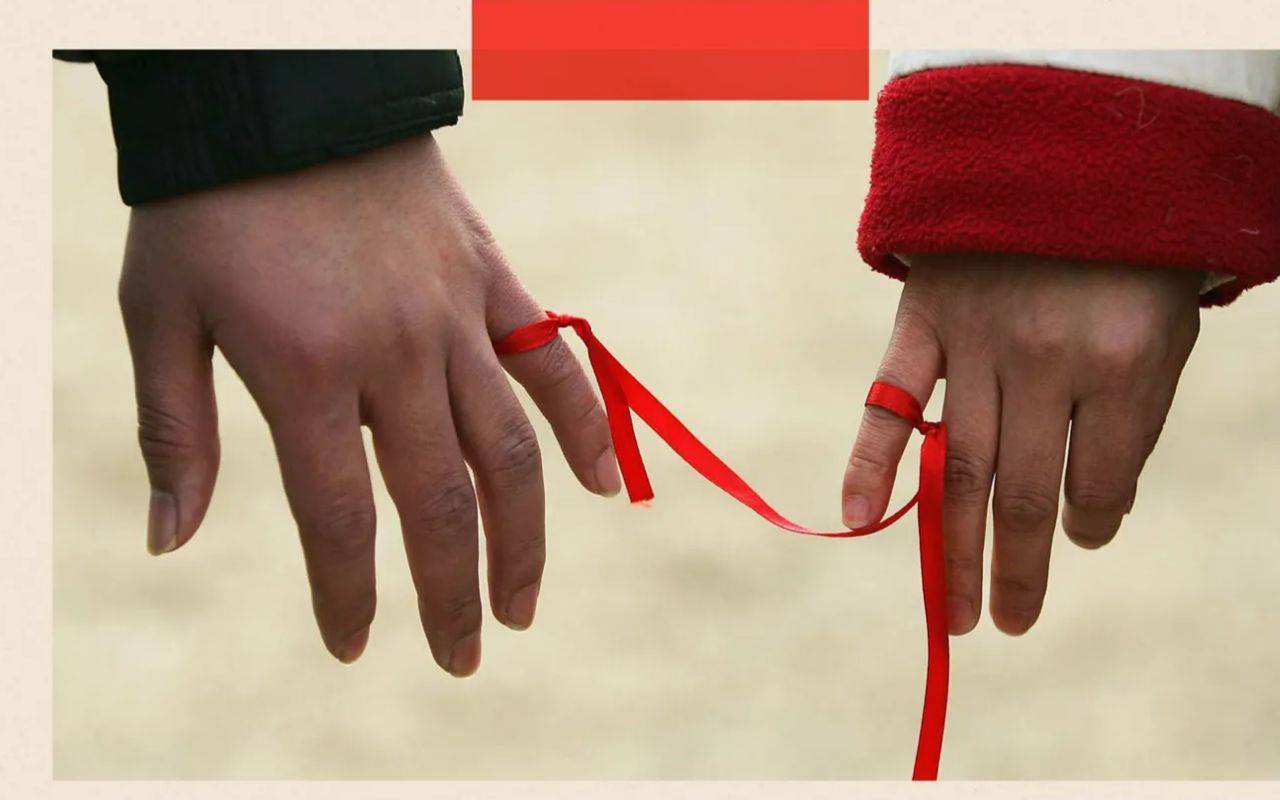In Oyotunji, you have to be married in order to own a land. We don’t sell land but give it to you based on your needs.
If you need land, you would have to get a wife and write a petition to the Oba who would grant you some land. If you want to expand, then you can get more wives. If you have more wives and children, we would give you more land so that you would continue to build.
You have to practise the Yoruba etiquette, we do not have a moral system but an etiquette system which are some of the things that we expect you to do.
The ethics of Oyotunji require that you dobale (prostrate) when you see your elder or you ‘tesile’, that is when you touch the ground and kiss your hand. It is a form of respect.
At Oyotunji, you have to wear the Yoruba aso (clothes). Oyinbo (foreign) clothes are not necessarily permitted. We accept jeans and danshiki. Women are not allowed to wear pants.
Sometimes if we have visitors that are wearing tight dresses, our women would wrap them with a cloth to cover them up because this is the law. We are cultural people and we have ways of doing things, not like the Oyinbo people.
There is no fighting in the village and if there is a fight, the aggressor would have to pay. If you want to continue fighting, the elders would take you into the igbo (forest) and both of you can continue. Once that is done, it is over.
Each person is required to pay an assessment to the crown. Young boys and girls are not allowed to fraternise and date like you have in the western society where you end up with teenage pregnancy. We have the men and women compounds. You also have to join your gender society at 14. It is like the right of passage, the boys join the Akinkanju society (society of courage), while the girls join the egbe moremi because their heroine is Moremi.
All the women in Oyotunji strive to be like Moremi. The idea is that we utilise the laws and rules of our culture.
Credit: Facebook/Mileage Multimedia













